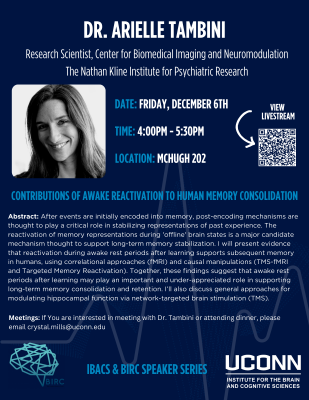The IBACS Inclusion, Diversity, Equity, and Accessibility (IDEA) Committee is excited to invite you to participate in our upcoming Undergraduate Research Event on Monday September 22nd from 11am – 12:30pm in SU 304 & 310. This event is designed for students interested in research opportunities within the brain and cognitive sciences. Anyone from your lab is welcome to join—PIs, post-docs, grad students, lab managers, Ras, and especially undergrads (past or current).
Why Participate?
For Your Lab:
- Connect early with students specifically interested in brain and cognitive science fields (as opposed to an event like research connections, which is university-wide).
- Recruit new lab members through independent study, student labor, or work-study.
- Find participants for ongoing studies.
- Share information about courses you teach that align with student interests.
For Students:
- Learn why research experience matters and how to get involved (and get compensated!).
- Meet labs face-to-face and makes research/talking with faculty less intimidating than cold emails
- Gain confidence and discover how research builds valuable, transferable skills.
What We’ll Provide:
- Two 30-minute presentations with Q&A offered at 11:15am and 12pm, highlighting undergraduate research options at UConn.
- A 6ft table, nametags, and a printed sign for your lab.
- A sign-in sheet at our info booth with details about participating labs.
Want to Make Your Table Stand Out?
Optional, but here are some ideas:
- Email sign-up sheets or QR codes (we’ll have templates ready).
- Flyers, posters, or handouts.
- Interactive demos (e.g., EEG caps). Let us know if you need an outlet.
- Freebies or promo items your lab already has.
- A tablecloth if your lab has one.
If your lab is interested, please fill out this quick form: https://forms.office.com/r/z5bsTxuzhc
Please feel free to share with your students! No need for them to sign-up. We hope to see you there and help students take their first steps into research!

